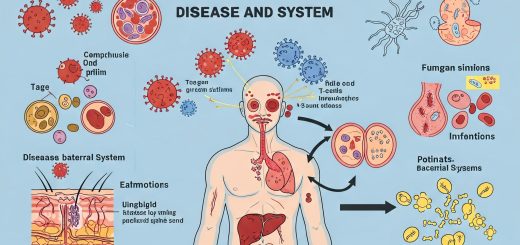Calorie Restriction and Health Benefits

Calorie Restriction is the most efficient non-genetic strategy for Life Extension
What are the factors in obesity?
Obesity is one of the issues that societies worldwide are worried about . Obesity is a complex interplay between genetic and environmental factors. Calorie restriction is one of the main strategy for obesity management.
Is there any way to live longer?
Many investigators worldwide have confirmed this observation and showed that Calorie restriction is the most efficient non-genetic strategy for life extension in other model organisms, including yeasts, fruit flies, fish, and monkeys.
What are the extremes of food consumption?
Food consumption has two extremes:
- Low enough to cause death from starvation
- High enough to lead to obesity.
How much calorie restriction should be done?
Calorie restriction regimen is generally carried out through the reduction of calorie intake by up to 20%–40% of the food as you desire to take with pleasure.
How the history documents that Calorie restriction works to the advantage
of human health ?
World War II reduced the food intake of many people living in Europe consequently leading to anti‑aging benefits.
Thereby, fewer cases of heart disease, hypertension, and diabetes were reported.
Incidence of cancer was lower than expected among Norwegian women who went through puberty during the food shortages of World War II.Finally these findings are probably the effects of calorie restriction.
What is the biological mechanism suggested for reduced cancer incidence as benefits of calorie restriction ?
Calorie restriction can lead to a reduction of circulating levels of several cytokines, growth factors, and hormones, accompanied by a decrease of growth factor signaling, minute vascular perturbations, and inflammation. Finally , these changes caused by calorie restriction result in decreased cancer risk and progression.
What is the relation of calorie restriction and memory function of brain ?
Evidence from clinical and basic researches shows relation between brain function decline and metabolic dysregulation during senescence.
Excess nutrient availability may be detrimental to brain function and conversely, a 30% reduction in calorie intake for 3 months was found to improve memory performance in elderly individuals.












